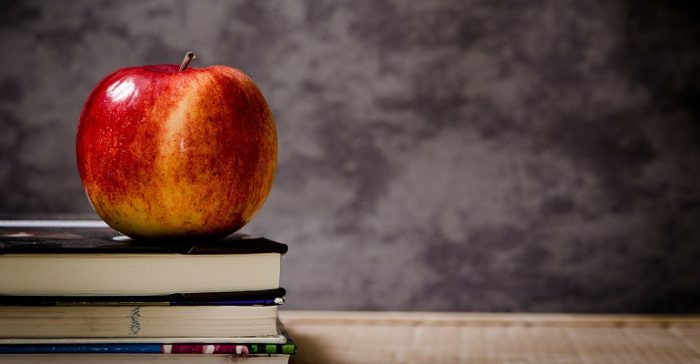Boise State researches energy efficient living in Driscoll Hall
The Arbiter, August 22, 2017
With the new Honors and Sawtooth Hall in place and opening its doors to students, Driscoll Hall—the former Honors College dorm– is becoming a home for a new kind of living. John Gardner, director of the Energy Efficiency Research Institute and professor of mechanical and biomedical engineering–alongside the Department of Housing, the administration and students–is researching the uses of renewable energy sources in relation to existing energy grids and student residents. This research has allowed Boise State Housing to begin exploring and developing plans for “sustainability-oriented” housing within Driscoll by Fall 2018.
“Energy grids that we have are designed for coal, not wind or solar energy powers, which concludes that the grid has to be different for wind and solar,” Gardner said. “This research is about renegotiating our relationship with the energy grid.”
In order to begin this project, testing has already begun within the building, according to Gardner. Sophomore Residential Assistant, Gitesh Musale, is currently working in Driscoll.
“There are about three to four people testing the bulbs and the temperatures of the water,” Musale said. “They are seeing where the energy is going and coming from.”
The research goal is to simulate a microgrid that is completely disconnected from the other energy grids in the area, according to Gardner. The first official step they are looking to take includes installing solar panels on the rooftop of the dorm.
Sustainability oriented living does not happen overnight, though, according to Director of Housing Dean Kennedy.
“We are working with several campus partners to explore the possibility of eventually having this residential building be ‘off the grid,’” Kennedy said. This, as he explained, will be a process for monitoring student residents who come through the building and are dedicated to the project for the next 10 or more years.
“We are rebranding Driscoll. This also strives to help make the living arrangements a part of the education process–this could eventually become a Living Learning Community,” Gardner said.
In order to measure and maintain sustainability, residents will focus on a model that emphasizes lifestyle choices.
“The residents will be exposed to the engineering needed for changes to the building, business models related to maintaining a more sustainable building and concepts of community health when living somewhere that values sustainability,” Kennedy said.
One educational goal is to make students think differently about how they use their energy and teach the implications of energy usage, according to Gardner. This caters to the complete hands on approach that all departments involved are encouraging.
“Students living in that community would be responsible for monitoring the building and adjusting personal habits as they relate to energy consumption, water use and waste production,” Kennedy said. This will go accompany infrastructure changes to alter the very nature of how the building receives power, water, and heat, and produces waste.
“This community is not just about students living together for a year and learning about sustainability principles, but students who will leave their time at Driscoll Hall and seek to make the world in which they live a better place for everyone and our environment,” Kennedy said. “We are exploring this concept because we feel it is the correct thing to do for our students and planet.”
The benefits for this new model of housing go beyond just attracting freshmen to housing options.
“This would be a small step in helping Boise State reduce its carbon footprint, thereby helping reduce our impact on natural resources,” Kennedy said.
Aside from furthering academic research, the hope is that this can be a valuable and well rounded learning experience for all involved.
“These residents will be able to apply potentially newfound knowledge to their apartments and homes when living off campus, businesses and industry in their careers, and generating new knowledge in graduate programs to further decrease negative human impact on the environment,” Kennedy said.
